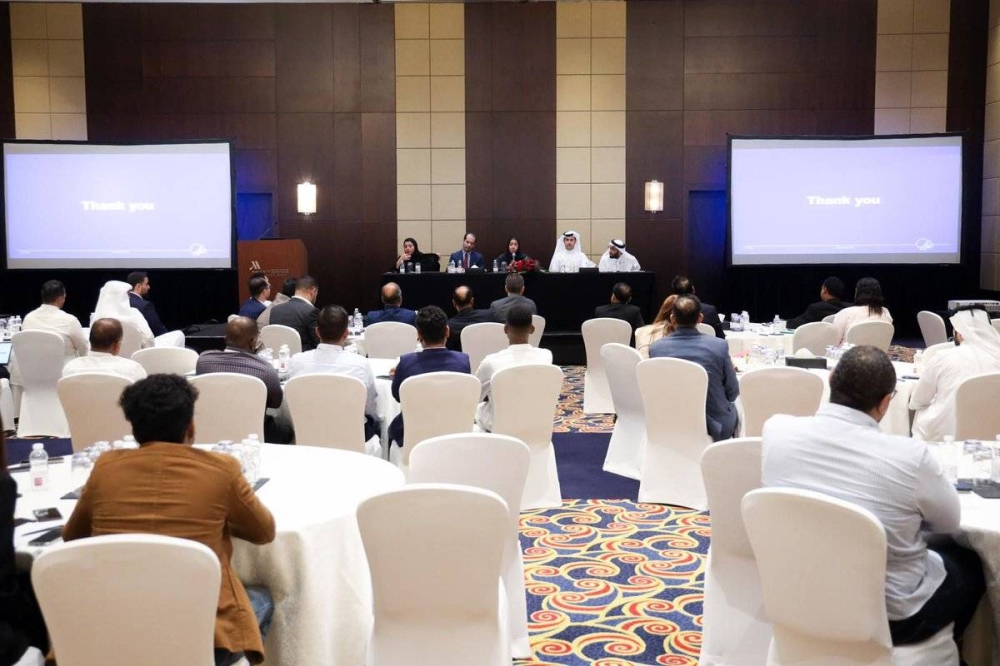The Communications Regulatory Authority (CRA) hosted a workshop with local and international postal Service Providers to discuss the "Regulatory Complaints Handling Process". Approximately 50 representatives from 27 Service Providers, including major industry players, participated in the event. This initiative is essential for refining postal services and supporting informed decision-making within the sector.
As Qatar's postal sector evolves in response to global market dynamics and new entrants, the workshop aimed to enhance the quality of services. This aligns seamlessly with Qatar National Vision 2030 and its Third National Development Strategy, which prioritizes improving residents' quality of life and delivering services that meet global standards.
Amel Salem Al Hanawi, Director of the Consumer Affairs Department at CRA, remarked, "This workshop is essential for engaging with postal Service Providers, addressing their concerns, and collaborating on refining our regulatory frameworks. Our goal is to effectively meet industry and consumer needs while fostering a transparent and efficient sector."
The workshop underscored CRA's commitment to transparency and trust. All Service Providers are encouraged to implement straightforward procedures for handling complaints, particularly those related to non-compliance and issues of loss, delays, and damage.
The Global Monitoring System (GMS), implemented by the Universal Postal Union (UPU), monitors international postal performance. Since 2017, Qatar has consistently achieved high scores, reaching a 100 percent performance level in the past two years, highlighting its leadership in postal quality.
The outcomes of this workshop will be integrated into broader regulatory frameworks, benefiting multiple stakeholders. Consumers can anticipate improved complaint handling and enhanced service standards. Service Providers will gain from clearer guidelines and streamlined operations, fostering a stable business environment. Additionally, businesses relying on postal services may experience more efficient logistics, contributing to economic growth.


